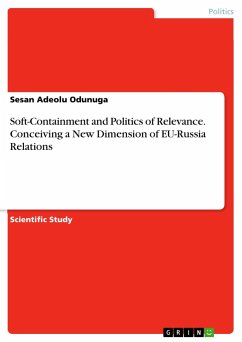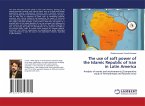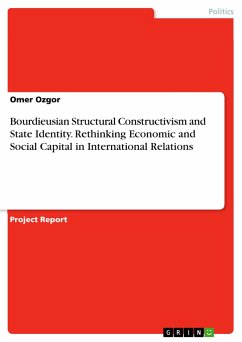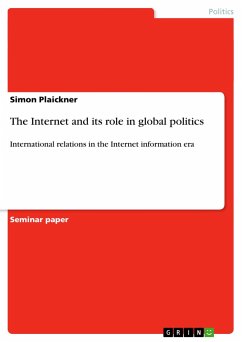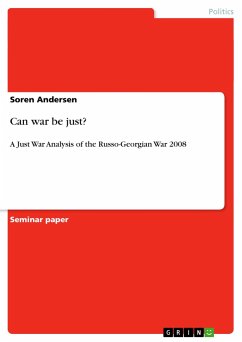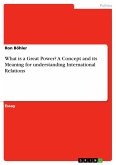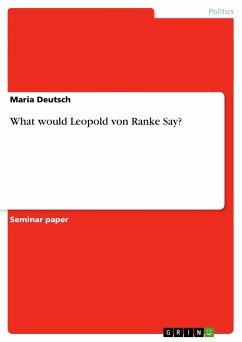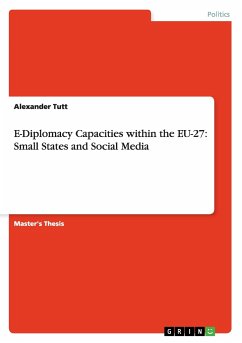Scientific Study from the year 2018 in the subject Politics - International Politics - Topic: Miscellaneous, grade: 1, , language: English, abstract: The acceptable fact is that the relationship between the EU and Russia is famously characterized with conflict and cooperation. In a real life situation, conflict may engender cooperation, while cooperation also has the potential to degenerate into conflict. The end of the Cold War and the dissolution of the Soviet Union heralded the beginning of a new form of relationship between the EU and Russia, on the one hand, and between the United States and Moscow, on the other hand. In this conflict-cooperation paradigm of the EU-Russia relations, trust plays an important role. It is improbable to expect that a robust relationship would exist between Brussels and Moscow in a diplomatic atmosphere characterized with distrust and clash of foreign policy. In this regard, however, Brussels and Moscow seem to possess and pursue policies that are equidistant from each other. While Moscow tends to press for political relevance in Europe, Brussels attempts to confine Moscow to its Eastern borderlines. The article, therefore, describes the not-entirely-new but less-explore dimension of the EU-Russia relations: soft-containment vs. politics of relevance by tracing the process of engagement between the two actors (the EU and Russia) since the collapse of the Soviet Union using a qualitative method of research. Key words: soft-containment, politics of relevance, post-Soviet space, EU, Russia
Hinweis: Dieser Artikel kann nur an eine deutsche Lieferadresse ausgeliefert werden.
Hinweis: Dieser Artikel kann nur an eine deutsche Lieferadresse ausgeliefert werden.

